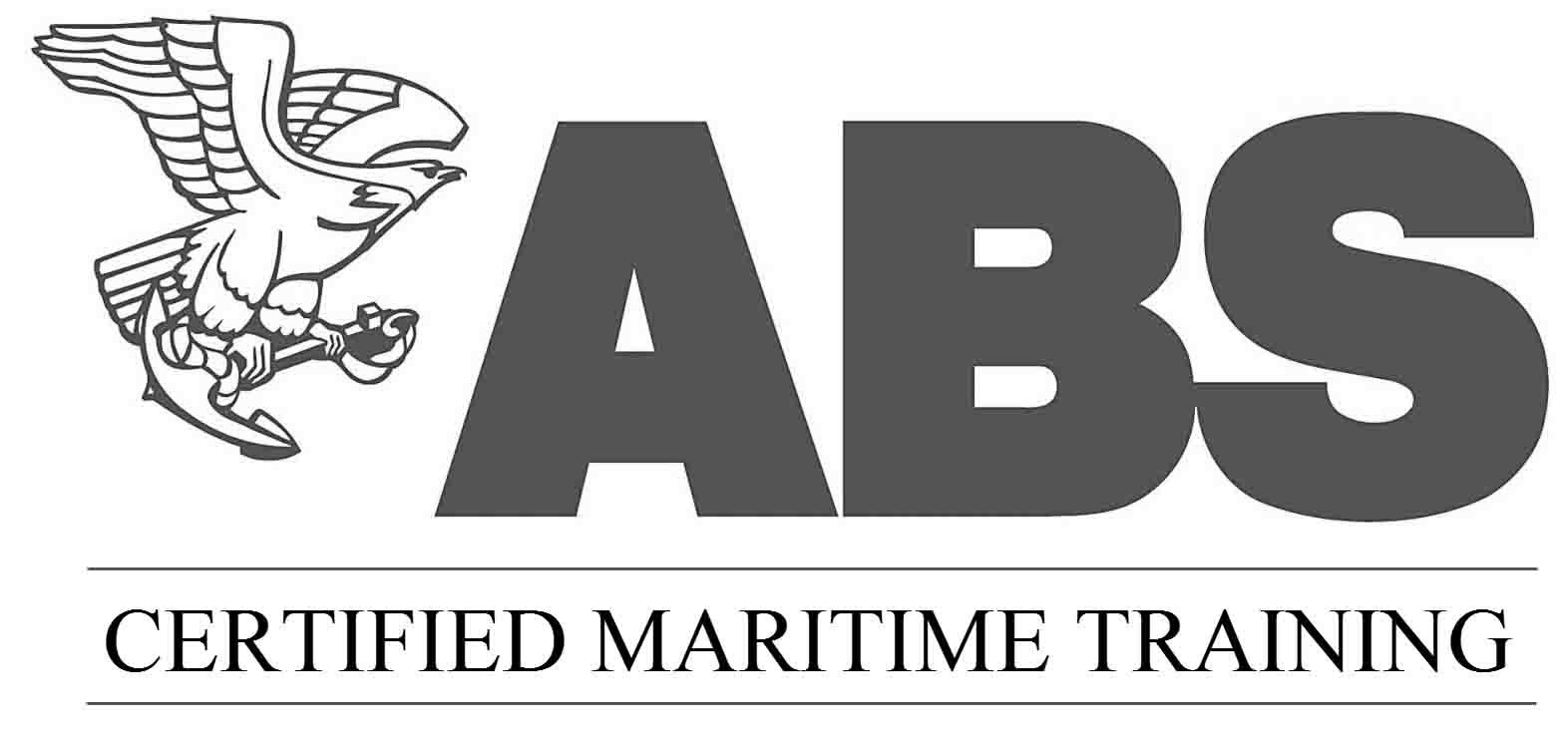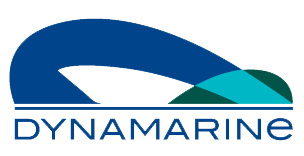JPO in STS
06-07-2021
|
|
Joint Plan of Operations (JPO) in STS and Best Practice Considerations Mr. Anargyros Zenios, & Alexandros Glykas, DYNAMARINe Planning in STS Operations is of paramount importance since all different involved parties have to co-ordinate under one agreed Plan, the Joint Plan of Operations or JPO. Both Masters rely on the information conveyed in the JPO since it includes a local recipe for a successful and incident-free operation. In STS-related claims, it may be argued that amongst the essential documents that would be contemplated when assessing responsibilities over safety including liabilities, is the Joint Plan of Operations (JPO). According to the latest OCIMF guidelines, the JPO constitutes a document that is provided by the nominated STS service provider prior to the commencement of an STS operation. In turn, the appointed Person in Overall Advisory Control (POAC), STS Supt. or transfer organizer is responsible to ensure that both Masters are in alignment with its provisions and they have provided their consent and agreement on how the STS operation is intended to be conducted.{1} Having established that a generic JPO may be used for a particular STS location, the next question one may have, is whether the JPO is a static or a dynamic document or even a required document at all? Analysis of OCIMF STS Guideline provisionsThe Joint Plan of Operation (JPO) is an operation-specific plan that includes the following: - Vessels Compatibility; -Details on all stages of STS operation (i.e., maneuvering, approach, mooring, and cargo transfer); -References from both vessels STS plans if required.{2} The epilogue of the JPO includes the outcome of the discussion between the involved parties in an STS operation, prior to the commencement of the actual operation. After this discussion or in the common shipping language after the toolbox talk, two outcomes should result, - A common understanding has been established on how the operation will be executed -The content of the JPO was unequivocally agreed{3} In addition, according to C/L 2 question 2{4}, it appears that a copy of JPO is required. The relevant question is presented here below, A copy of the JPO that encompasses the entire transfer operation has been received The foregoing entails that the JPO is a MUST document that is required to be provided to both vessels. Master before the STS operation commences. Contradictions It seems that the OCIMF provisions as analyzed above suggest that the JPO is a specific document, and yet in the content of the latest OCIMF guidelines, it can be traced that the STS organizer may consider sending a copy of the JPO if that is available.{5} According to s. 5.2 of the latest OCIMF guidelines a generic JPO may be used for a particular location.{6} Additionally, the following provision is outlined amongst others in s. 5.3 with respect to the preparedness of the ships, The Masters of involved ships should make the following preparations as early as is practical: Review the operation-specific risk assessments and, where applicable, the related JPO and ensure all identified preventive and mitigation measures have been implemented. The construction of the OCIMF provisions suggests neither a clear guideline to be followed nor a specific format leaving the entire interpretation to the involved stakeholders. Assuming that a generic JPO is used for an STS operation, how can a Master support an argument on lack of safety or a deviation from the joint plan? In our view, the JPO is the perfect link with the risk assessment. If the risk assessment is a dynamic process, then the JPO can be changed even verbally via VHF during the conduction of the actual STS operation provided that both vessels.Masters and the attending POAC have agreed on the deviation from the initial JPO. In fact, if an agreement is established after an STS operation that entails that a new JPO was formulated. What constitutes the final JPO To our understanding, the latest OCIMF guidelines may suggest a similar rationale with regard to the dynamic nature of the STS risk assessment and consequently the JPO. In turn, that can be found in s.3.2.2{7} where it is stated that, If a generic risk assessment is used, it is important that hazards particular to the planned operation are identified and properly addressed. When the risk assessment is incorporated into a standard procedure, additional assessments should be carried out for any deviation from the assumed or standard conditions.{8} By interpreting the aforementioned provision, it is our opinion that the JPO is not just a sole document but only its basis can be traced, even on a generic one. Moreover, the below sources may be also considered when someone seeks to understand which is the final JPO for the specific STS operation, - Generic JPO as provided by the STS service provider - E-mail exchanges between the parties including any relevant comments -Proposed Mooring, certificates for STS gear, weather forecasts etc. - On-site alterations agreed via VHF VDR and other pertinent records should be made available when assessing the efficiency and flow of information pertinent to the JPO. For the reasons described in this article, it is considered that the JPO is a standard process that includes a number of sources of references. Any deviation from the agreed JPO should be justifiable, well-documented either with verbal or written evidence, and made towards ensuring that safety will not be compromised at any stage of the operation. [1] (ICS/SIGTTO/OCIMF/CDI, 2013), section 5.2, page 37. [2] (ICS/SIGTTO/OCIMF/CDI, 2013), Glossary, page X. [3] (ICS/SIGTTO/OCIMF/CDI, 2013), section 1.8, page 7. [4] (ICS/SIGTTO/OCIMF/CDI, 2013), appendix E, page 116. [5] (ICS/SIGTTO/OCIMF/CDI, 2013), section 4.3.2, page 31. [6] (ICS/SIGTTO/OCIMF/CDI, 2013), section 5.2, page 37. [7]( ICS/SIGTTO/OCIMF/CDI, 2013), section 3.2.2, page 22. [8] ( ICS/SIGTTO/OCIMF/CDI, 2013), section 3.2.2, page 22. ,Para 4.
|
DYNAMARINe Team
2 ARKADIAS AND 125 GOUNARI STR, Glyfada 16561, Greece, T:+65 31590353, +302109628379, E:info@dynamarine.com






